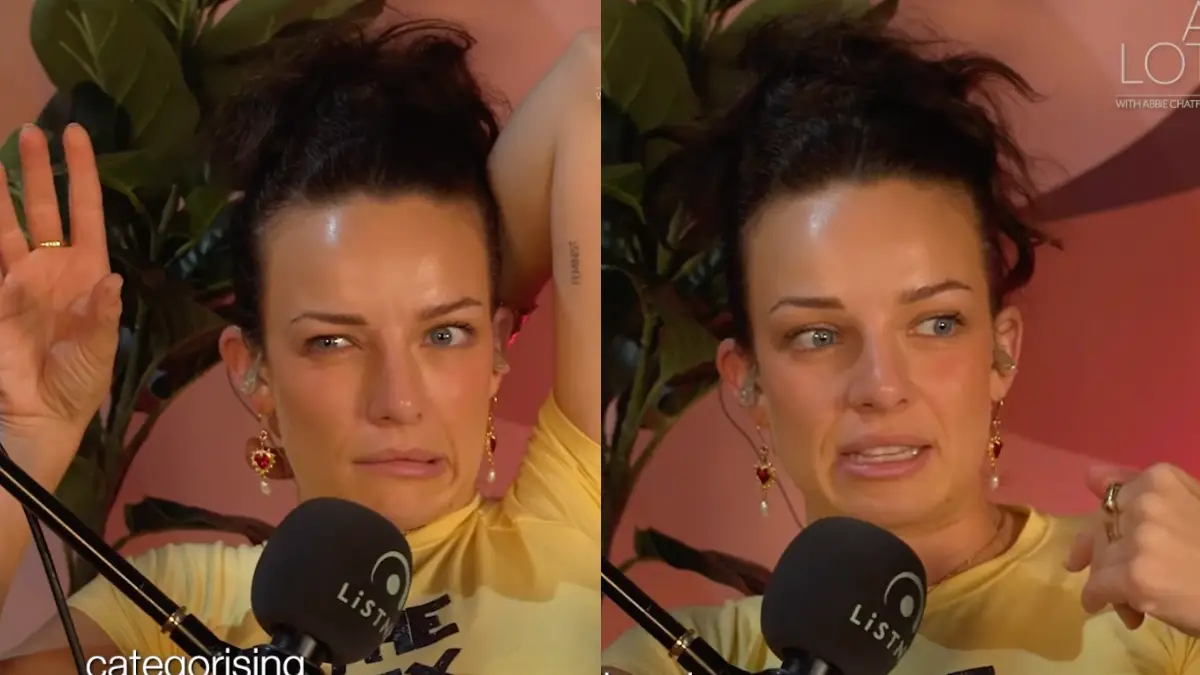Your cart is currently empty!
Influencer Claims Common Word To Describe Women Is a ‘Slur’

Abbie Chatfield has issued a caution to her followers regarding the usage of the term ‘females’.
The former Bachelor contestant, 28, raised concerns about the word during a recent episode of her It’s A Lot podcast, suggesting that it is offensive as it dehumanizes women and excludes transgender individuals.
Describing the term as akin to a slur, Abbie explained, “‘Females’ feels like the word b**ch. It feels… obviously sexist. It feels transphobic in a weird way because it’s categorizing people. Also when you say ‘females’ it sounds more like someone’s stating a fact about a group of people.”
Advocating for the use of ‘women’ instead, she emphasized that it allows for more ‘debate’ on the concept of femininity. Abbie further critiqued the archaic connotations associated with ‘female’, suggesting it implies women are akin to animals dependent on males for sustenance.
She elaborated, “‘They’re saying ‘females’ in a way to remind us that we [women] can’t change our natural instincts and we can’t change what we actually want – which is a protective big man to take care of us.’”
Responding to queries about whether it’s offensive for women to use the term, Abbie expressed concern that it could be internalized misogyny.
In her Instagram caption, she acknowledged that the term ‘slur’ might be ‘too harsh’ but reiterated her discomfort with it, suggesting its frequent usage by incels and misogynists contributes to its negative connotations.
Abbie’s stance prompted a lively debate among her followers, with many agreeing that the term is derogatory. One commenter expressed discomfort when hearing men use ‘females’, while another emphasized its dehumanizing effect.
However, there were dissenting opinions among her fans, with some asserting that ‘females’ and ‘women’ are interchangeable terms and dismissing Abbie’s concerns as petty.

